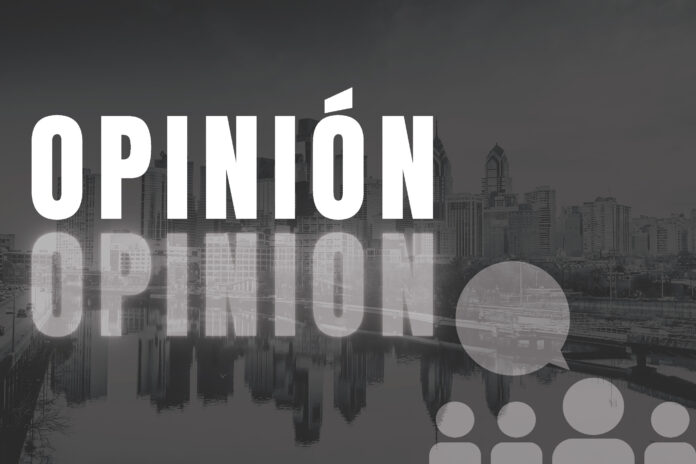Haiti, a small island nation steeped in rich history and vibrant culture, finds itself once again struggling under the weight of a devastating confluence of economic collapse, political instability, and rampant violence. Years of neglect have left the most vulnerable Haitians suffering the brunt of this catastrophe.
In 1986, as a member of Amnesty International, I joined a delegation that met with Florida Governor Bob Graham. Our mission was to urge him to welcome Haitian immigrants fleeing the brutal regime of François Duvalier (‘Papa Doc’) and his Tonton Macoute paramilitary force. These were not volunteers, but a brutal force directly answerable to Duvalier, given free rein to torture, kill, and extort. Witnessing the plight of these refugees and Governor Graham’s refusal to welcome them exposed a critical flaw in the international community’s response to Haitian crises.
Through my wife’s Haitian friends, I’ve developed a deep appreciation for Haitian culture, art, music, food, and of course, the people themselves. Having lived in Miami for a while, we were fortunate to build many friendships within the Haitian community there. These personal connections have fostered a deep love for Haiti, and the despair it faces now is a personal heartbreak. However, personal connection doesn’t equate to expertise on solutions.
Decades of corruption have seen Haitian leaders siphon off aid money for personal gain, leaving the people they are supposed to serve in a state of perpetual struggle. Yet, amidst the despair, there are glimmers of hope. Non-profits and dedicated individuals continue their vital work, offering support and building resilience during times of crisis.
On one visit to Haiti, a friend, an academic, took me to meet with some gang members to talk about life and the future. Having worked with gangs in El Salvador and Los Angeles in the past, and with my own experiences growing up, I felt a sense of connection despite the obvious differences.
Today, these heavily armed groups control vast swathes of Haitian territory, often surpassing the local police in strength. This reality cannot be ignored.
Our first priority must be to provide safe haven and protection for those escaping violence and poverty. This can be achieved by establishing designated safe zones within Haiti and neighboring countries, along with humanitarian corridors to facilitate safe passage.
Simultaneously, we can begin forming a temporary, broad-based Haitian government with international support. This government should be tasked with establishing security, conducting free and fair elections, and rebuilding trust with the Haitian people.
International agencies must work together to halt the flow of weapons and drugs into Haiti, which only serve to fuel the violence. We also need to establish advisory committees, both within and outside Haiti, to chart a course for recovery.
These committees should be composed of a diverse range of voices, including Haitian civil society leaders, business people, and representatives from the diaspora. The goal is not a giant leap forward, but a series of well-considered steps that address the root causes of the crisis.
All aid must be carefully monitored to prevent misuse. A transparent oversight organization, perhaps with international involvement, can ensure that funds are used for their intended purposes.
Addressing the gang problem requires a multifaceted approach. We cannot simply ignore or suppress them. Former gang members from Haiti and the United States, respected figures within their communities, can initiate dialogue with Haitian gang leadership. Respectful communication is a crucial step towards dismantling these organizations.
Only through creative solutions and collaboration between Haitians and the international community can we break this cycle of suffering and offer Haiti a brighter future. Haiti deserves better, and it’s time for the world to act.
























